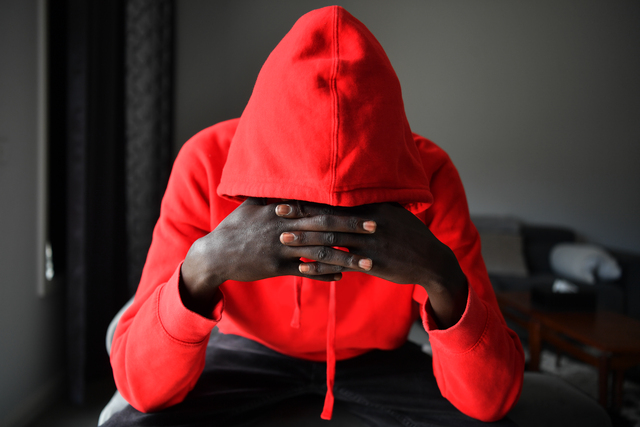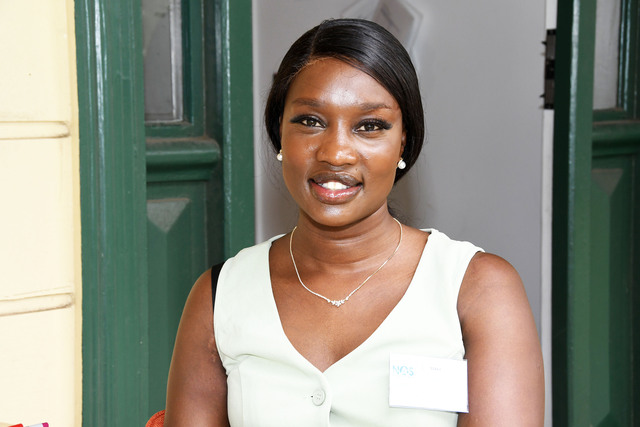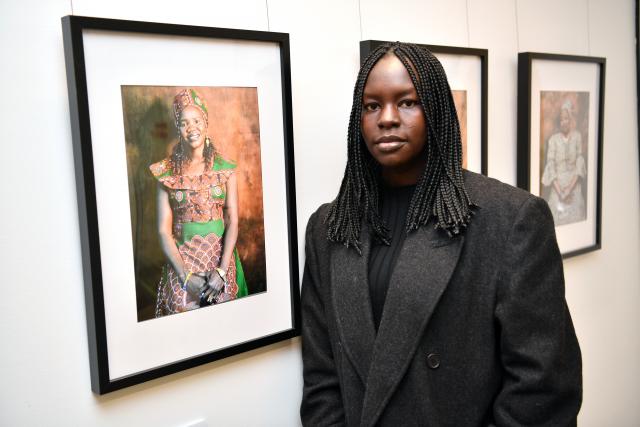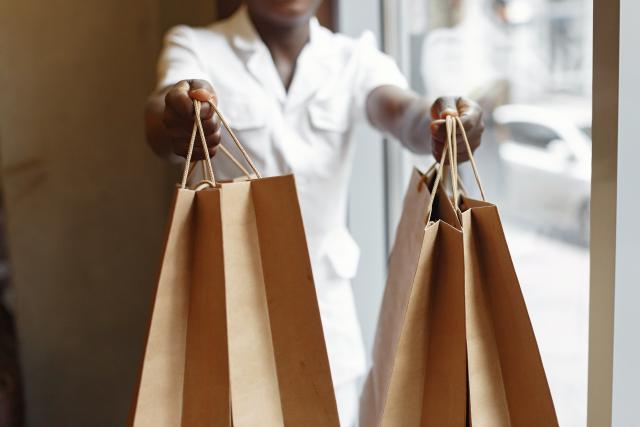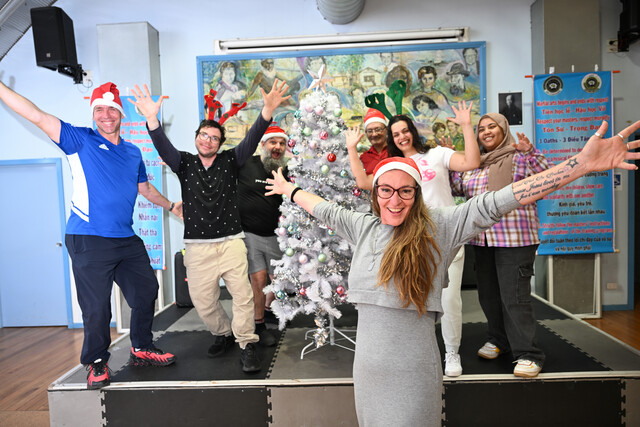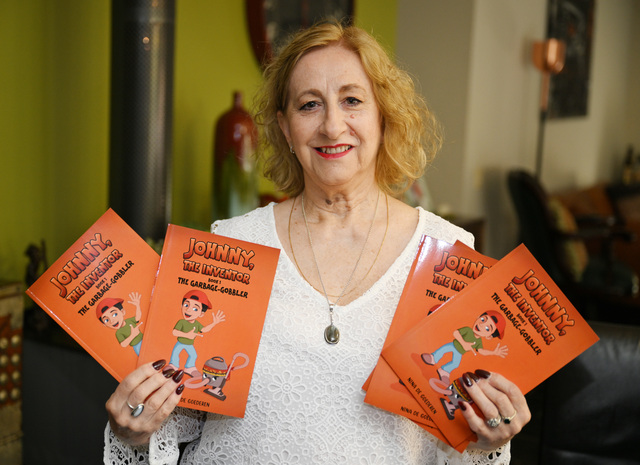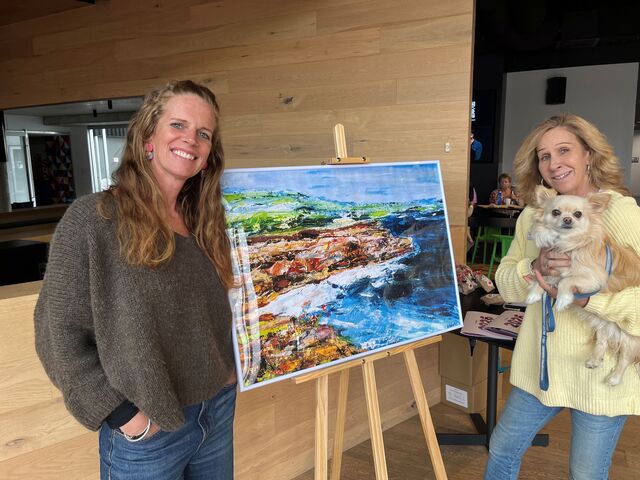PRECEDE:
Behind the vibrant and resilient spirits of African communities, a hidden epidemic of trauma has taken its toll. Today a courageous young voice is seeking to confront the past and create a brighter future, as Afraa Kori reports.
If you ask Kerma Axume* about violence and trauma he would tell you it hits close to home.
Raised in the western suburbs, he has been deeply impacted by the trauma of premature death, having lost loved ones to knife crime, suicide and gun and gang violence.
“The emotional impacts include the disunity it creates in the family and community. We are always worried when our children go out even for sports or other activities which are supposed to be safe,” Kerma said.
“Parents, guardians, brothers and sisters are always worried about the situations which may be happening at these events and activities which our children attend. We have been trying to get some counselling, we have been trying to channel our energy into efforts that will hopefully save another child in the similar situation.”
Kerman says external factors, including racism and negative media coverage, contribute to violence in African communities. Lack of job opportunities and discrimination in the workplace push some individuals into illegal activities like drug dealing and substance abuse, perpetuating a harmful cycle.
A lack of identity and belonging leads some to glorify gangs and turn to drugs.
The cycle of revenge can be devastating.
“Just the loss of life and the impact on the family, losing someone so young and with their whole life ahead of them. The whole grief of the family, community and their friends, some who may be wanting to do revenge and cause more harm,” Kerma said.
“The community is impacted in many ways, especially those areas where people are not seen or heard, such as in workplaces, and social settings, where we are not often seen as victims of the violence, but rather the people allowing it to happen. We are being disrespected in the media, we are being disrespected in the political arena.
“There is also an increase in racism towards the South Sudanese people because of the standpoint of the media on how they report these incidents and stories about the African youths, using alarming language and tactics, it creates ’us vs them’ sentiment in the Australian community, even impacting the way other Africans see us.”
Mental health experts say there is a lack of African mental health and support services which make some African people feel uncomfortable accessing the resources. There is also a stigma surrounding mental health and counselling in African communities.
Mental health advocate, youth worker and alcohol and other drugs (AOD) support worker Rose Deng is calling for more funding for mental health and AOD services tailored to Sudanese/South Sudanese communities that are youth-focused and family inclusive.
“It is important to understand the holistic needs of the Sudanese/South Sudanese youth, families and community at large, and services should be deeply rooted in cultural competency, community engagement and the ability to address specific needs within subgroups such as children, youth, women, men and people with a disability,“ Ms Deng said.
“I believe this is a collective response and process that may take some time based on the different cultural traditions and bridging gaps that exist, but with effort from both youth and parents/elders there is hope in dialogue to promote healing, especially for the generations to come. I would suggest, having a professional mediator present, creating safe and non-judgmental spaces or environments where youth and parents/elders can engage in open discussions around mental health/AOD to promote education, learning, healing and mutual understanding between the two generations.
“Also, I think it would benefit a balance with youth having their own dialogue to share common experiences, along with parent/elders, to promote a sense of belonging and connection, and collectively coming together to tackle the barriers of conflicting perspectives whilst validating everyone’s experience, and recognising that both generations have encountered unaddressed trauma, so working together in solidarity is essential.”
Founder and CEO of Nas Recovery Centre Nyachan Nyak said his team offers innovative and culturally aware support to Australian youth, adults and families for which there is a growing need in the west.
“NAS Recovery Centre provides support to young people dealing with various forms of trauma including grief and loss from losing a loved one or friends to knife crime, suicide, and other mental health challenges. We currently operate in Melbourne’s south east without catchment restrictions and are also expanding our services to Melbourne’s west. Our focus is to ensure no one is left without the support they need”.
Kerma believes change is not solely the responsibility of government or health services and communities must play their part.
“We are very reactive, not proactive, and we tend to stop everything that could help prevent future crises when we lose a young person, hence we are in a cycle of violence and suffering without addressing them because we’re too busy consoling ourselves and not doing the necessary work needed,” he said.
“We need to actually be united. Not just talk about it, we need to also put it on ourselves, not on the government or the white people to solve our communal issues. The family structure needs to be strengthened like when we first came here. We are a very family oriented society.
“We need to have a place run professionally by people with cultural competence to chair conversations with the parents and families who have lost young people, like healing community groups for grieving mothers, families, friends and community. With psychologists, youth workers, therapists and community competency awareness and empathy. And bring people who have overcome these challenges to share their experiences and strategies, also counselling services for healing and grieving families, free of charge.”
Melton resident, artist and mental health advocate Nanchok Santino Chol has also witnessed the tragic rise in knife crime and horrific acts of violence among young people, many of whom she had the privilege of crossing paths with or growing up alongside in the same neighbourhood.
“The dangers of normalisation when it comes to premature death and violence in the community is it can be a trigger topic for people and that we need to be mindful that there are stages to grief and that particular conversations need time and space,” she said.
Despite the challenges, Nanchok finds hope in reflecting on what the community has overcome and the openness of the younger generation to listen, understand the struggles their parents have faced, and make better choices for themselves and future generations.
“I believe that how we can support and amplify the resilience and strength of community members who have experienced trauma is showing up in whatever capacity that looks like being a listening ear, allowing them to feel their emotions and more than anything making them feel seen and heard.”
* Not his real name

